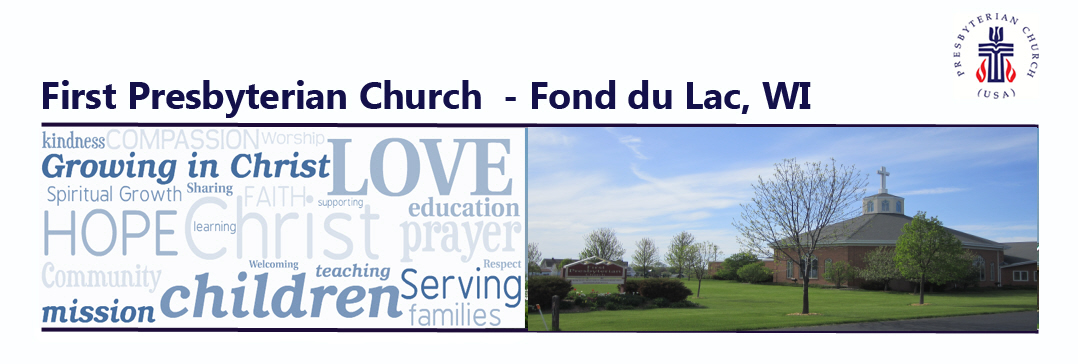The upcoming series on our “Fractured Forbearers” has presented a real dilemma. On the one hand, the purpose of this series is to make the Old Testament more understandable, particularly by giving us a clear picture of the stories and settings of the work of God’s grace coming into the world. On the other hand, we don’t want to have our worship receive an “R Rating” and have to usher everyone under the age of seventeen from the sanctuary. The problem is that these are real people, and real life is decidedly messy.
So one approach is to skip all of the ugly bits. We could simply recognize the stories that show these folks at their best – Noah with all of the paired up critters but not getting drunk and cursing his sons; David defending the people from the big bad bully Goliath, but not being a bully himself; Isaiah offering beautiful imagery, while ignoring that he was hated and reviled by his peers. The problem is that the whole story is there so that we can understand an important truth about our salvation, God loves humans; and humans sin.
What happens when we see God working through people who at times fail and do what is wrong? What happens when we worship a God who is not prone to “big fixes” and tends to use people who have obvious flaws? What happens to our picture of God’s people if we acknowledge we are all sinners; even the best of us? Even more importantly, how should we see our own sins?
If we worship a God who loves sinners and uses imperfect people, it puts our relationship with God and each other on a different footing. If we know someone well, we know their weaknesses and their flaws. If we are a close friend we probably have to make accommodations for their personal issues and problems. If we are an especially good friend, we’ve probably had to support that person when the consequences and outcomes of their failings came pouring back on them. Whether it is holding their hair while they are throwing up from too much to drink, bailing them out of jail, or helping them cover their bills, we know the humanity of some painfully well.
In the Old Testament stories, God doesn’t prevent people’s faults and mistakes from having consequences. God doesn’t prevent sins though at times God intervenes to minimize the damage done. Worse yet, there are times in the Old Testament when the people are violent people and their sins result in violent outcomes that are phrased in ways we find particularly repulsive.
This of course brings us back to the ironic question: “Then how much of the bible really belongs in worship?” I mean most of us don’t come to church to hear about smiting and fornicating (other than maybe some of the gossip in the coffee hour and we don’t want to talk about that). What we want to hear is the good news of God’s grace and to know more about God’s love for us.
So we are going to spend a little time with some of our more fractured forbearers to know about how God works with real people. We are going to find out that God’s love and acceptance extends to people your mother probably doesn’t approve of you associating with; and then God uses those people to accomplish the continuing work of bringing grace and peace to the world. It’s a messy but true miracle.
Peace,
Pastor Jack


